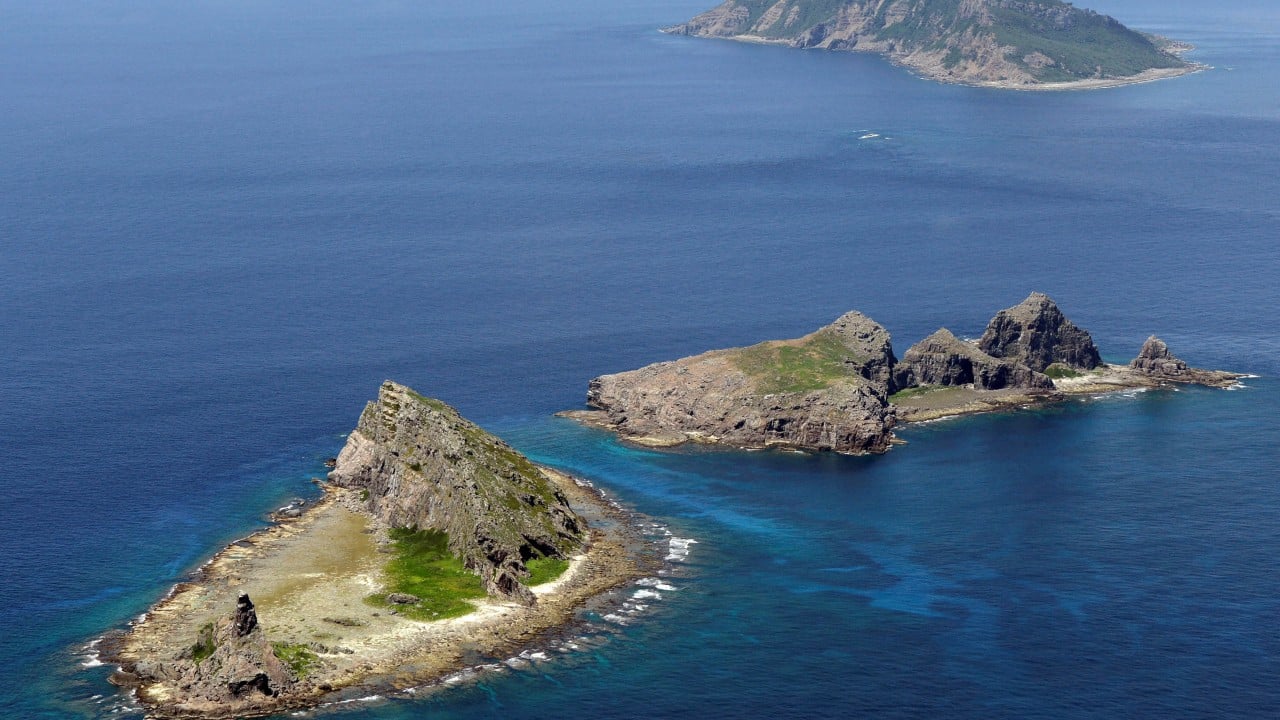With Donald Trump back in the White House, Japan wasted no time seeking reassurances from the United States regarding its security commitments in the East China Sea. But concerns linger over whether Washington would truly act if Beijing escalates its claims to the Diaoyu Islands.
Advertisement
Tokyo’s Defence Minister Gen Nakatani confirmed in a call last week with newly appointed US Defence Secretary Pete Hegseth that the disputed islands – known in Japan as the Senkakus – are covered by Article 5 of the Japan-US Security Treaty, which obliges the US to defend Japan against armed attacks on territories it administers.
Japanese governments routinely request such confirmations from incoming US administrations, but analysts say the urgency is greater this time. Trump’s transactional approach to foreign policy has raised doubts in Tokyo about his commitment to protecting the uninhabited islands, especially if he sees no direct benefit to the US.
“If you are the minister of defence in Japan and you look at the incoming Trump administration, you will have very good reason to doubt the reliability of the alliance and the strength of the Japan-US security alliance,” said Jeff Kingston, director of Asian Studies at Temple University in Tokyo.
He told This Week in Asia that Japanese politicians and security experts were often troubled by the “bit of wiggle room in the wording of the treaty on whether the US is required to militarily respond to a contingency surrounding the Senkakus”.

Beijing has steadily increased pressure on Japan over the islands in recent years. In 2024, Chinese ships patrolled just outside Japan’s territorial waters for a record 353 days, entering those waters 39 times, in what analysts see as a strategy to weaken Tokyo’s control over the area.

